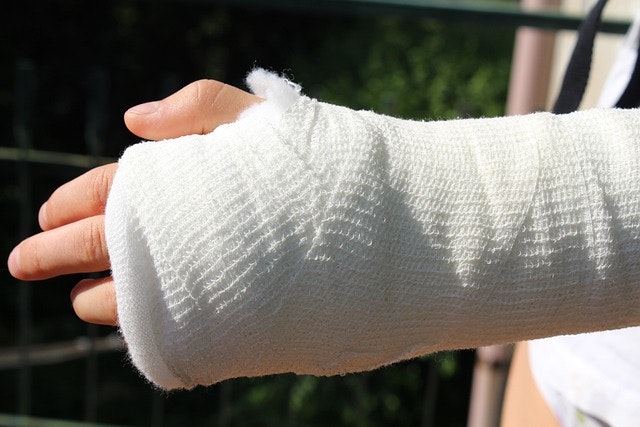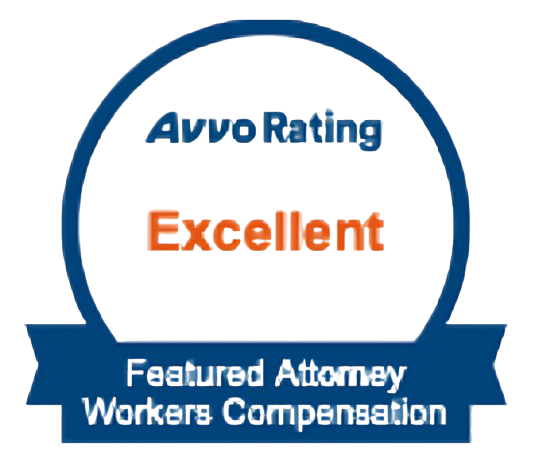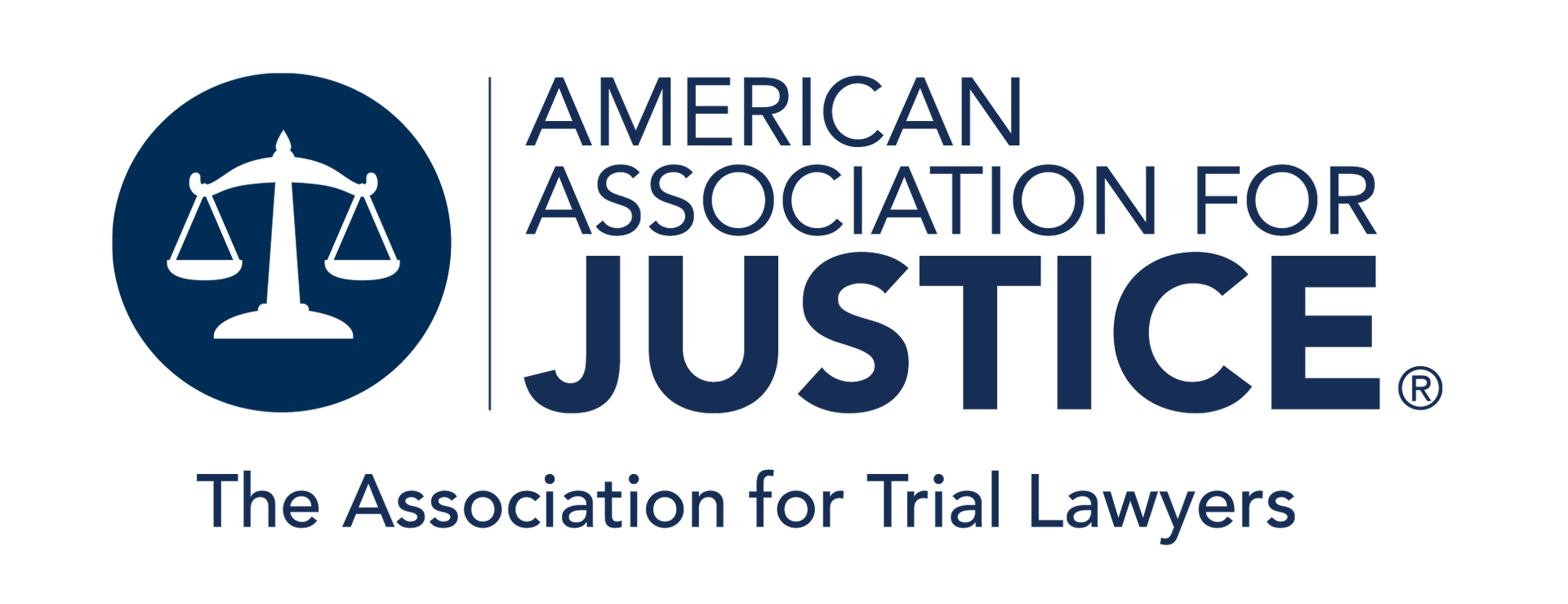Our Blog
Understanding and Preventing Heat-Related Workplace Injuries
The Serious Risks of Working in Extreme Heat Working in extreme heat poses severe risks that must not be ignored. Heat-related illnesses can lead to serious health consequences, including...
Read more
Understanding Workers' Comp When You're at Fault
Workers’ compensation laws can often feel complex and daunting. Yet, it’s reassuring to know that in most cases, workers can still receive benefits, even if they're partially at fault....
Read more
Staying Safe: Risks to Watch for in Work Zones
National Work Zone Awareness Week, observed from April 21-25, is a crucial time to spotlight the risks and challenges workers face in construction zones. These environments are fraught with...
Read more
The Role of Compensation Adjusters in Workplace Injury Claims
When workplace injuries occur, it triggers a series of actions aimed at resolving the incident efficiently and fairly. At the heart of this process are workers' compensation adjusters. They are...
Read more
Navigating Workers' Compensation and Retirement Benefits
Understanding the interplay between workers' compensation and retirement benefits is essential for effective financial planning. Both of these components can significantly impact your financial...
Read more
Navigating Workers' Compensation for On-the-Job Vehicle Accidents
Motor vehicle accidents can pose significant challenges, particularly when they occur during work-related activities. Navigating the workers’ compensation system in such scenarios can be complex,...
Read more
Understanding Workers' Compensation: A Guide for Injured Employees
Experiencing an injury on the job can be a distressing event, adding physical pain and emotional stress to your daily challenges. It's important to know that workers' compensation exists to provide...
Read more
Understanding Different Types of Workers' Compensation
Understanding workers' compensation is essential for employees who suffer injuries or illnesses at work. This knowledge not only helps workers navigate their options more effectively but also...
Read more
Understanding Workers' Compensation: What Injuries are Covered
Experiencing an injury on the job can be a daunting and stressful event for any worker. It's crucial to understand that help and support are available through workers' compensation, a system...
Read more
















